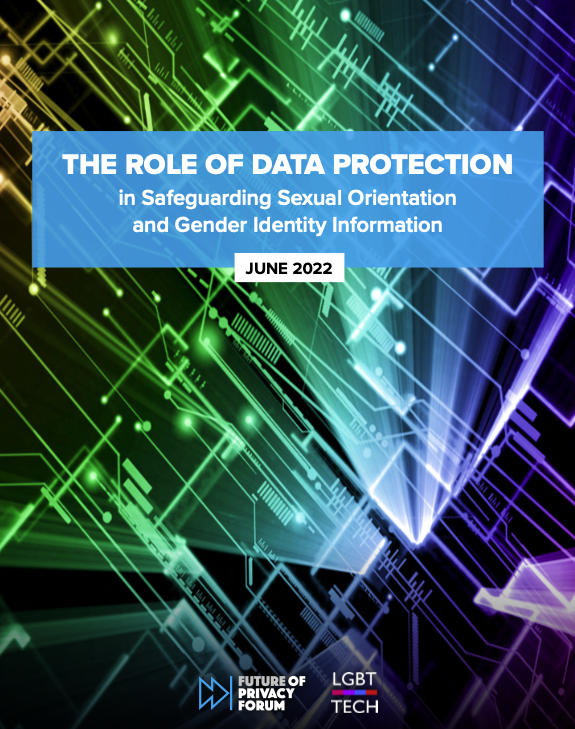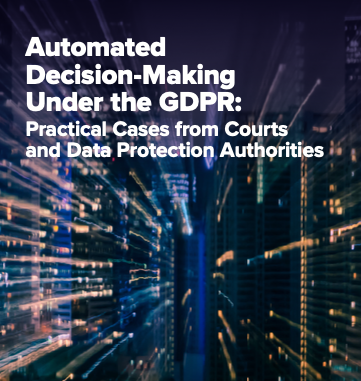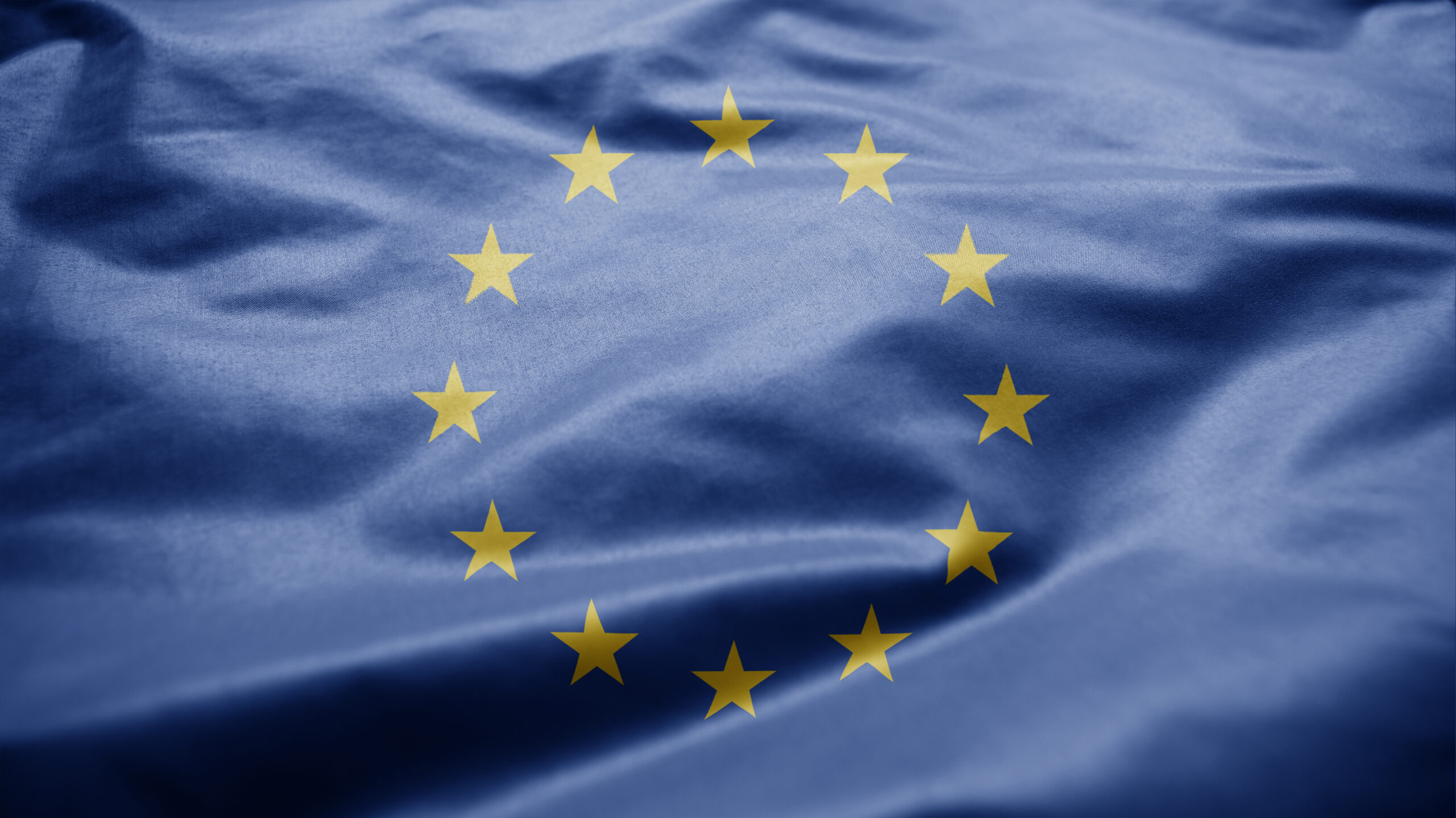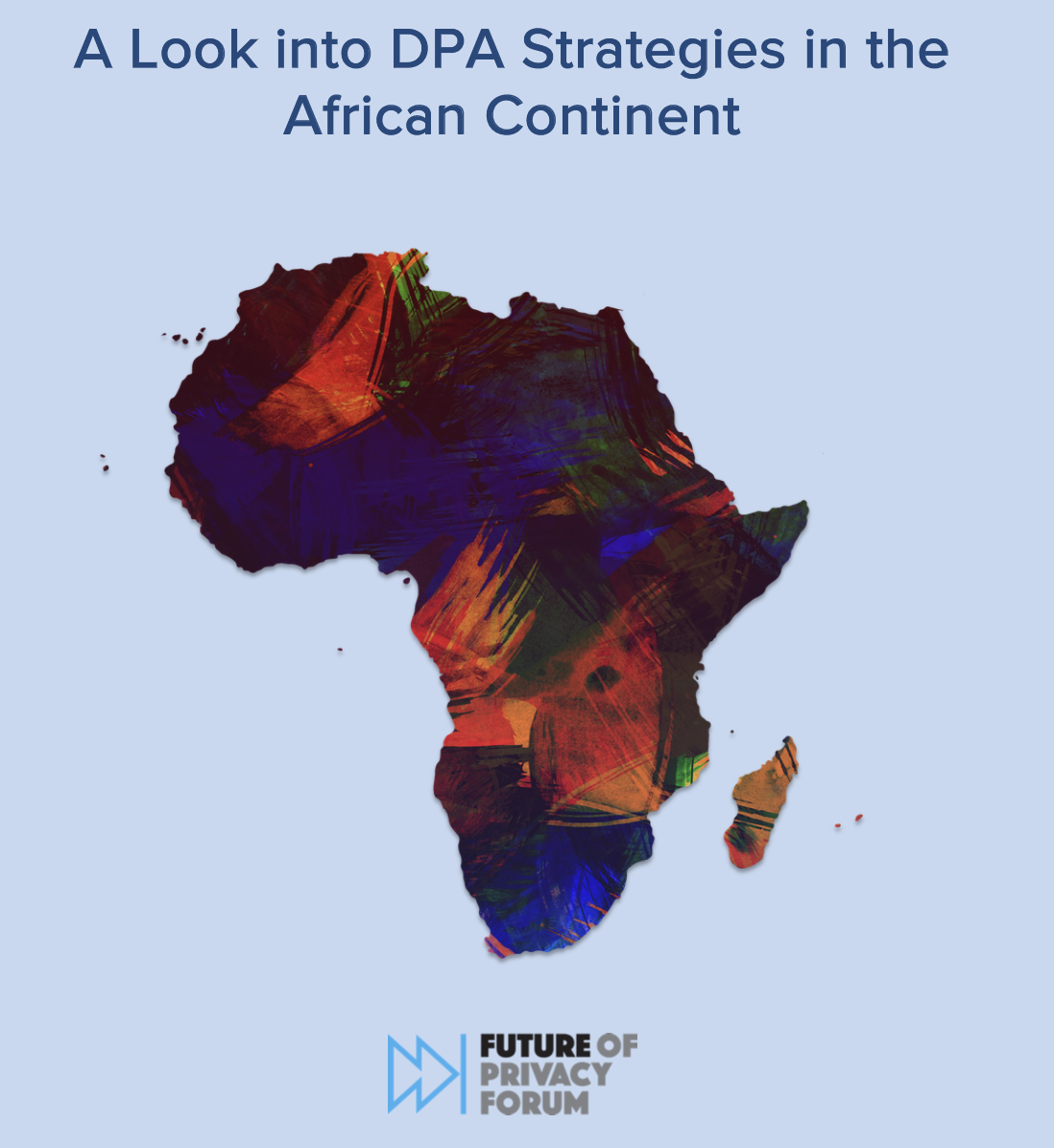Showing results for the2024 221the today promo code iceland the2024 221the

Report Analyzes the Role of Data Protection in Safeguarding Sexual Orientation and Gender Identity Information
[…] has empowered LGBTQ+ individuals to find community and access services, the increasing availability and use of connected devices have also created new privacy risks for LGBTQ+ communities. Today, the Future of Privacy Forum (FPF), a global non-profit focused on data privacy and protection, and experts from LGBT Tech — a national, nonpartisan group of […]

New Report on Limits of “Consent” in Hong Kong’s Data Protection Law
Today, the Future of Privacy Forum (FPF) and Asian Business Law Institute (ABLI) – as part of their ongoing joint research project: “From Consent-Centric Data Protection Frameworks to Responsible Data Practices and Privacy Accountability in Asia Pacific” – are publishing the third in a series of detailed jurisdiction reports on the status of […]

FPF Releases Policy Brief Comparing Federal Child Privacy Bills
[…] two bills. As children’s privacy continues to be a top priority and area of interest among lawmakers, companies, and the public, the Future of Privacy Forum (FPF) today released a new policy brief that compares the child-centric privacy bills that have been introduced in the 117th Congress. The resource compares four proposed bills against […]

New Report on Limits of “Consent” in South Korea’s Data Protection Law
Today, the Future of Privacy Forum (FPF) and Asian Business Law Institute (ABLI) – as part of their ongoing joint research project: “From Consent-Centric Data Protection Frameworks to Responsible Data Practices and Privacy Accountability in Asia Pacific” – are publishing a second report in their series of detailed jurisdiction reports on the status […]

New Report on Limits of “Consent” in China’s Data Protection Law – First in a Series for Joint Project with Asian Business Law Institute
The Future of Privacy Forum (FPF) and Asian Business Law Institute (ABLI) are publishing today the first in a series of 14 detailed jurisdiction reports that will explore the role and limits of consent in the data protection laws and regulations of 14 jurisdictions in Asia Pacific (Australia, China, Hong Kong SAR, India, Indonesia, […]

When is a Biometric No Longer a Biometric?
[…] No. 16 C 10984 (N.D. Ill. Sep. 15, 2017); In re Facebook Biometric Info. Privacy Litig., 185 F. Supp. 3d 1155 (N.D. Cal. 2016). Washington Wash. Rev. Code Ann. §19.375.020 “Biometric identifier” means data generated by automatic measurements of an individual’s biological characteristics, such as a fingerprint, voiceprint, eye retinas, irises, or other unique […]

FPF Report: Automated Decision-Making Under the GDPR – A Comprehensive Case-Law Analysis
[…] our upcoming virtual training session on November 9, where FPF experts will cover the critical elements of Article 22, recent DPA decisions, consent requirements, and more. Register today! Our analysis shows that the GDPR as a whole is relevant for ADM cases and has been effectively applied to protect the rights of individuals in […]

Diverging fining policies of European DPAs: is there room for coherent enforcement of the GDPR?
[…] regulator may reduce the fine. Additionally, the ICO is bound by national law to assess the fine’s broader economic impact, as it must consider the desirability of promoting economic growth. Thus, before issuing a fine and when deciding on its amount, it will consider its economic impact on the wider sector where the infringer […]

FPF Report: A Look into DPA Strategies in the African Continent
Today, the Future of Privacy Forum released a Report looking into the Strategic Plans for the coming years of seven African Data Protection Authorities (DPAs). The Report gives insight into the activity and plans of DPAs from Kenya, Nigeria, South Africa, Benin, Mauritius, Côte d’Ivoire, and Burkina Faso. It also relies on research […]

What the Biden Executive Order on Digital Assets Means for Privacy
[…] technology used. First, the Federal Reserve recognizes that a CBDC would generate data about users’ financial transactions in the same ways that commercial banks and nonbanks do today. This may include a user’s name, email address, physical address, know-your-customer (KYC) data, and more. Depending on the design chosen for the CBDC, this data may […]
